Metabolism

Serine/threonine kinase AMPK upregulates glucose uptake by promoting the expression and function of glucose transporters. AMPK is activated by increased AMP/ATP ratio, resulting from cellular and environmental stress, e.g. low glucose, heat shock, hypoxia and ischemia. AMPK activation positively modulates signaling transductions that refill ATP levels. Moreover, it also stimulates catabolic processes such as fatty acid oxidation and glycolysis through inhibition of ACC and activation of PFK2. AMPK negatively regulates various proteins which are important to ATP-consuming mechanisms, e.g. mTORC2, glycogen synthase, SREBP-1, and TSC2, causing the downregulation/inhibition of gluconeogenesis and glycogen, lipid and protein synthesis.
-
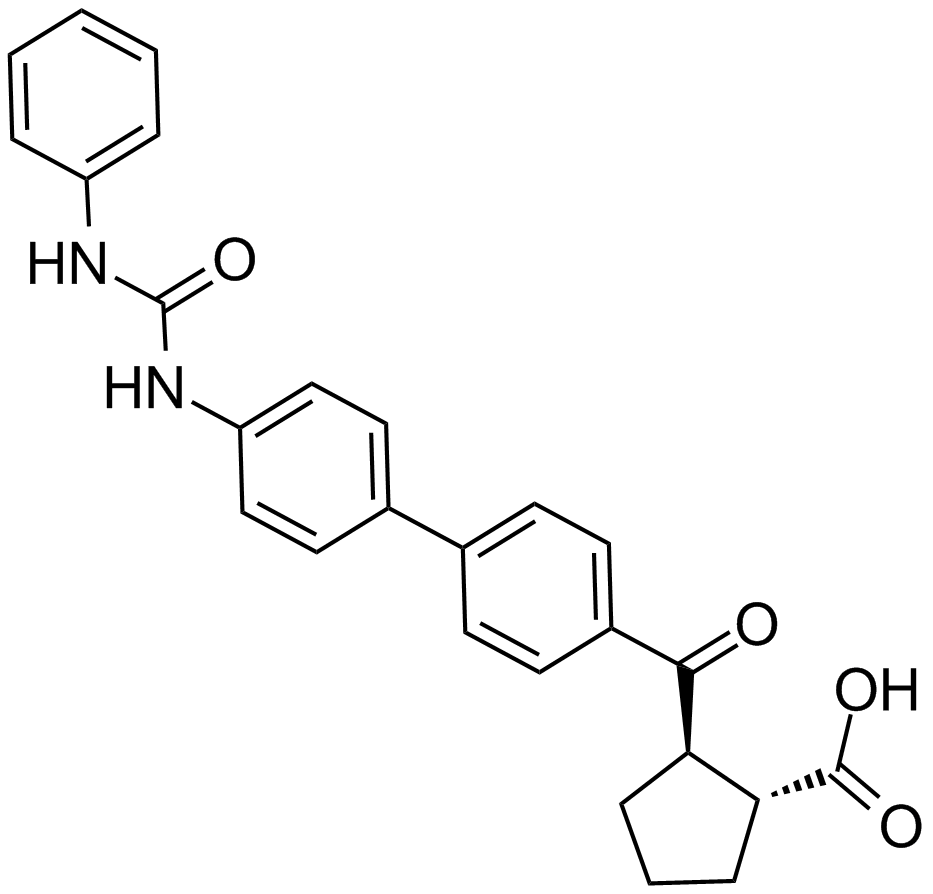 A4382 A922500Target: DGATSummary: DGAT-1 inhibitor
A4382 A922500Target: DGATSummary: DGAT-1 inhibitor -
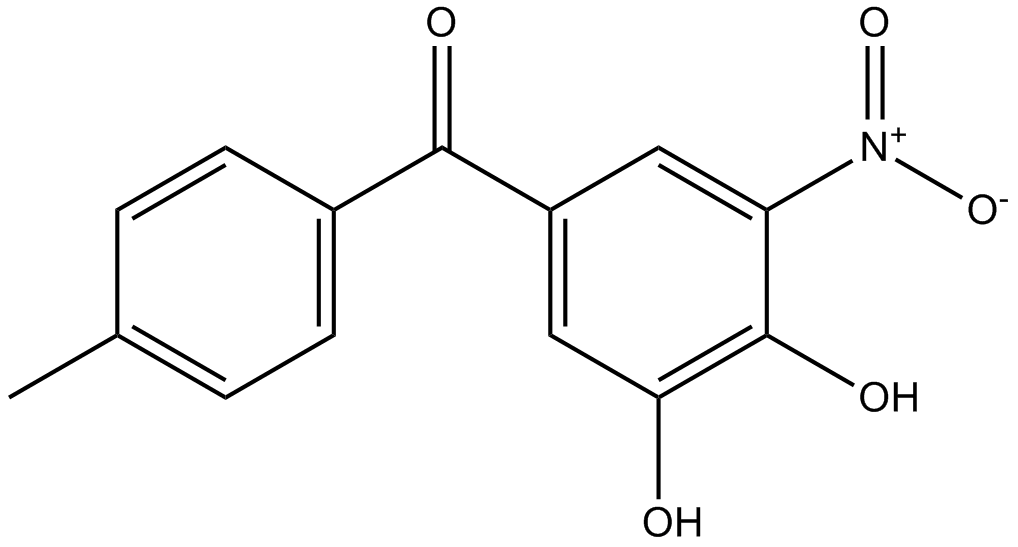 A4383 TolcaponeTarget: Catechol O-Methyltransferase (COMT)Summary: COMT inhibitor
A4383 TolcaponeTarget: Catechol O-Methyltransferase (COMT)Summary: COMT inhibitor -
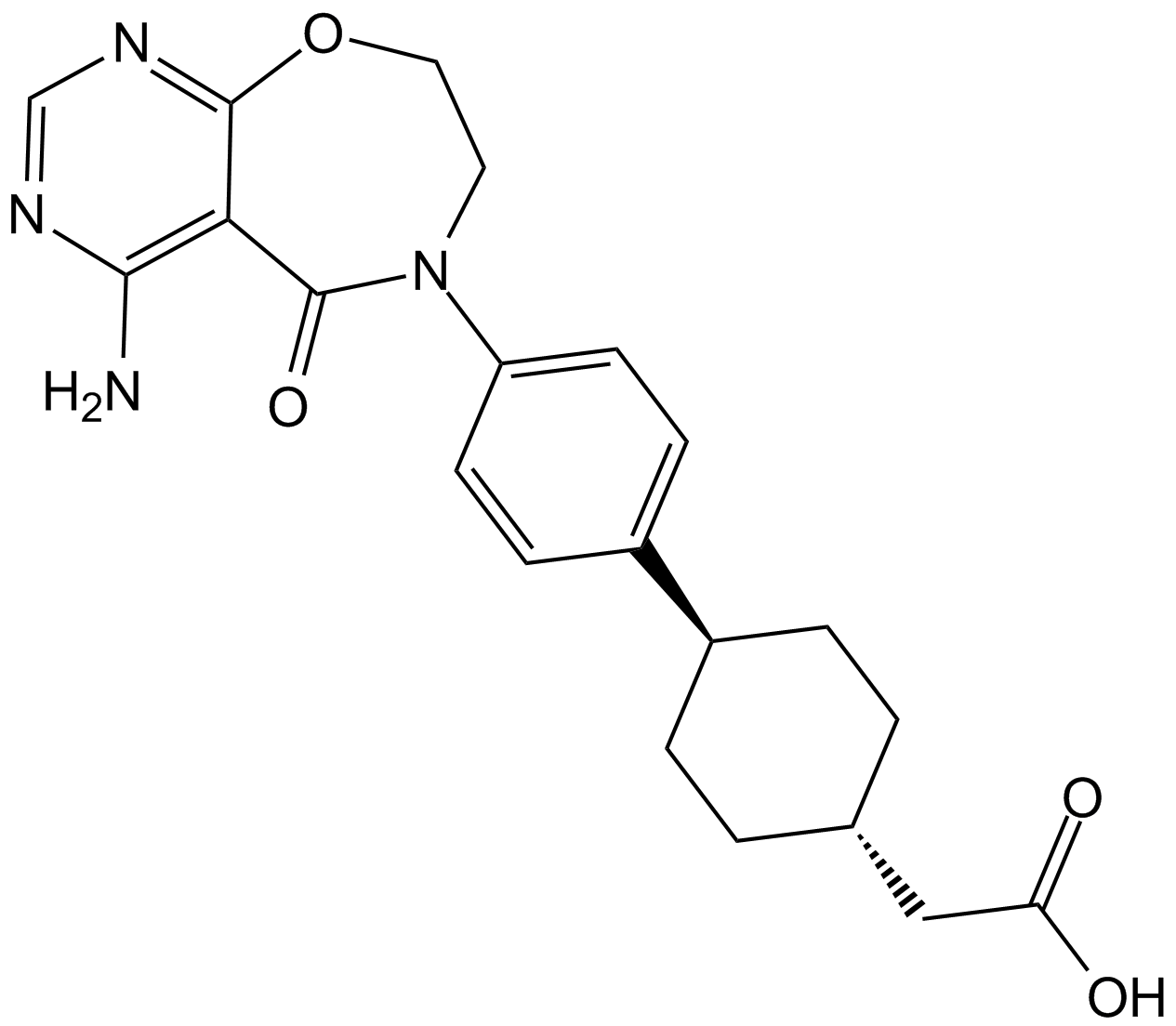 A4384 PF-04620110Summary: DGAT-1 inhibitor,potent and selective
A4384 PF-04620110Summary: DGAT-1 inhibitor,potent and selective -
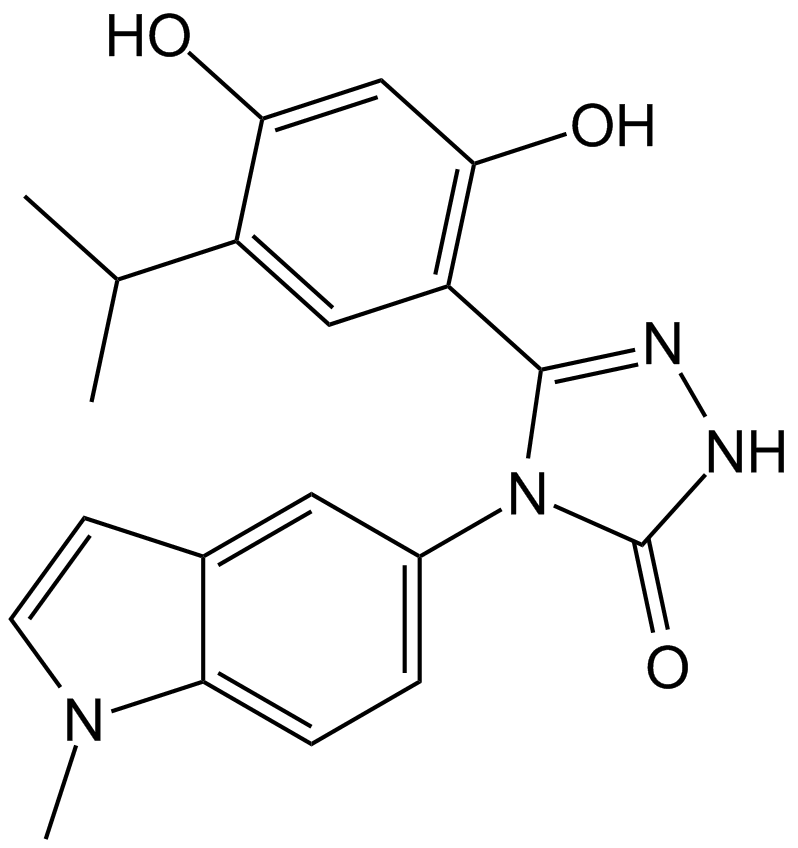 A4385 Ganetespib (STA-9090)3 CitationSummary: Hsp90 inhibitor,non-geldanamycin
A4385 Ganetespib (STA-9090)3 CitationSummary: Hsp90 inhibitor,non-geldanamycin -
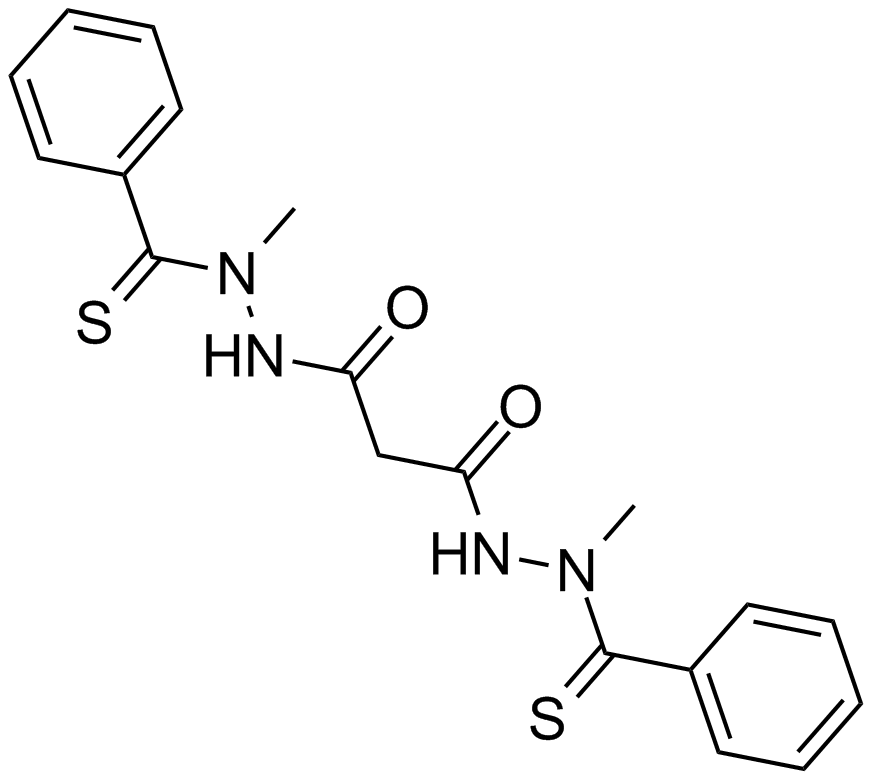 A4386 Elesclomol (STA-4783)3 CitationSummary: Oxidative stress/apoptosis inducer,potent and novel
A4386 Elesclomol (STA-4783)3 CitationSummary: Oxidative stress/apoptosis inducer,potent and novel -
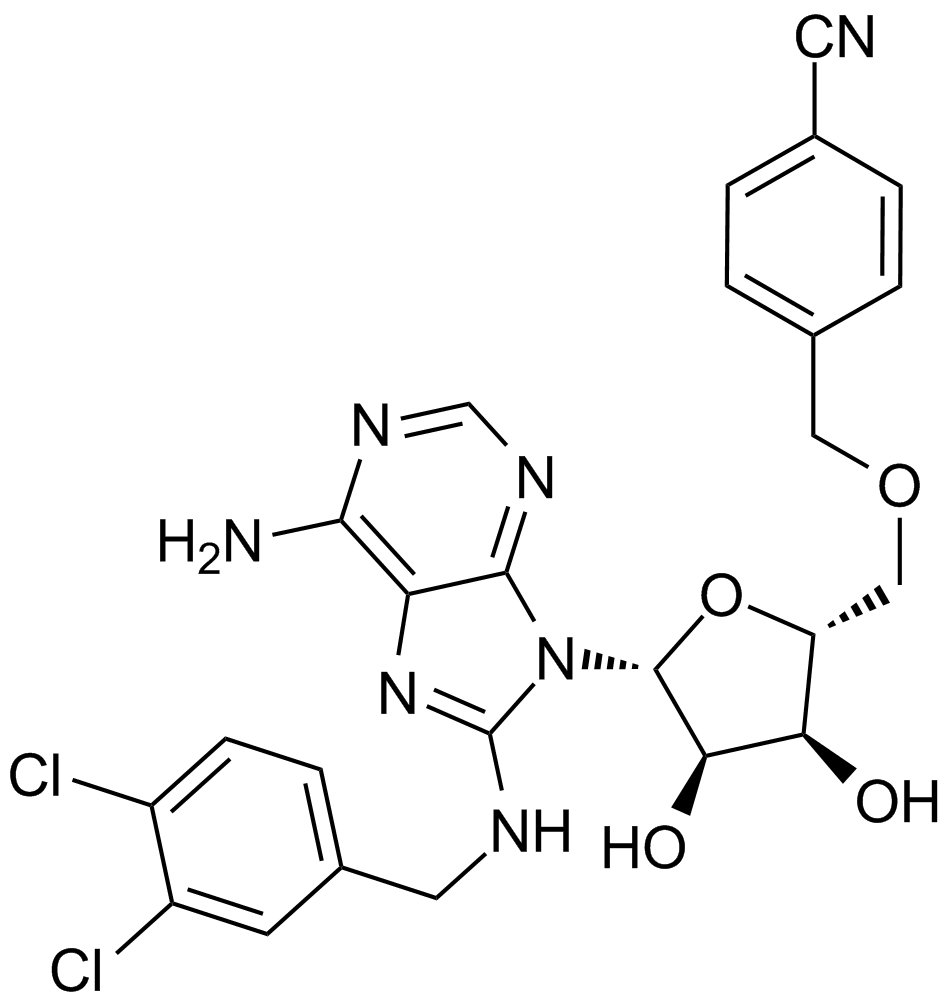 A4387 VER 1550084 CitationSummary: HSP 70 inhibitor,adenosine-derived
A4387 VER 1550084 CitationSummary: HSP 70 inhibitor,adenosine-derived -
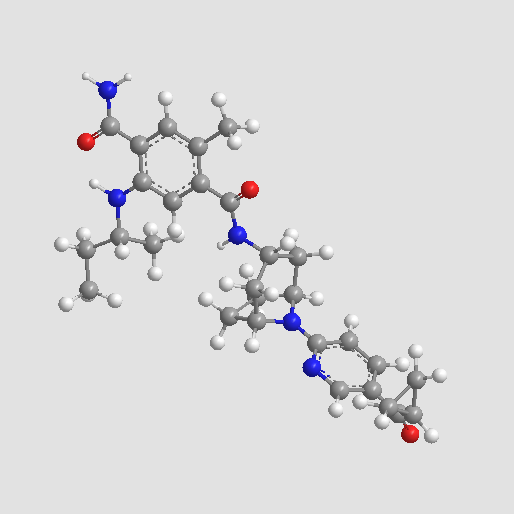 A4388 XL-8881 CitationTarget: HSP90Summary: Hsp90 inhibitor
A4388 XL-8881 CitationTarget: HSP90Summary: Hsp90 inhibitor -
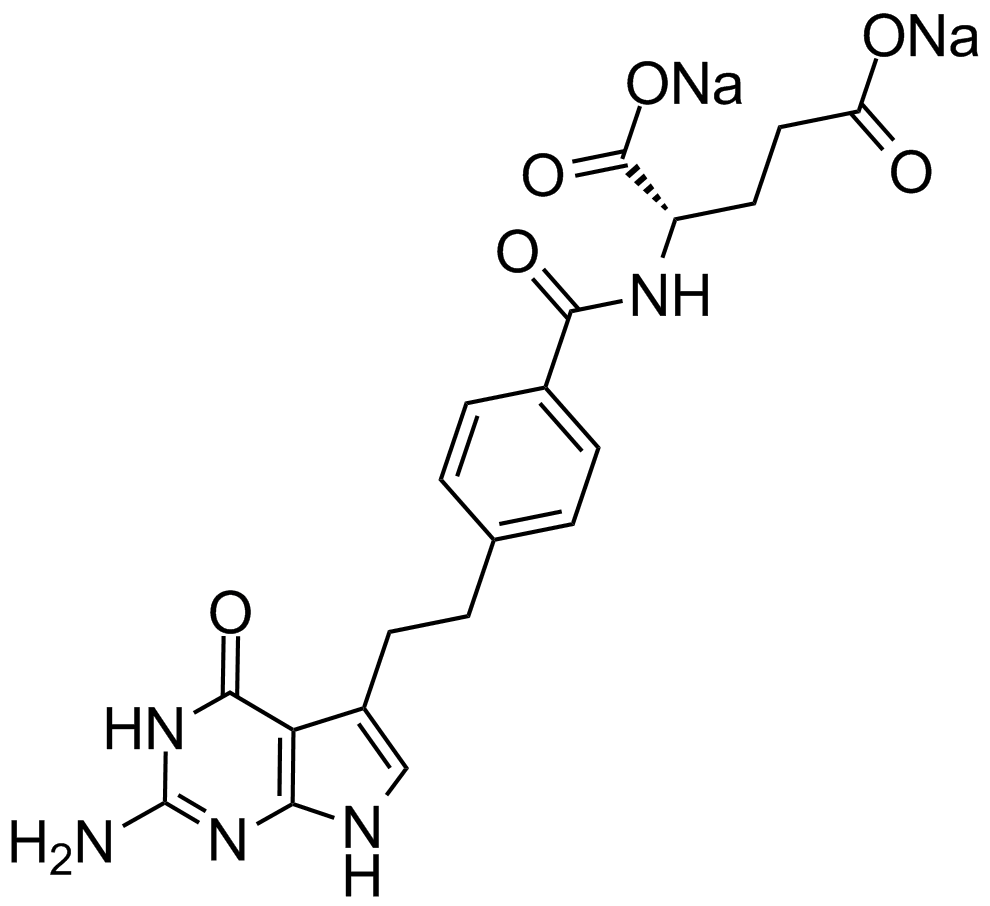 A4390 Pemetrexed1 CitationTarget: Thymidylate Synthase|DHFR|GARFTSummary: TS, DHFR,GARFT and AICARFT inhibitor
A4390 Pemetrexed1 CitationTarget: Thymidylate Synthase|DHFR|GARFTSummary: TS, DHFR,GARFT and AICARFT inhibitor -
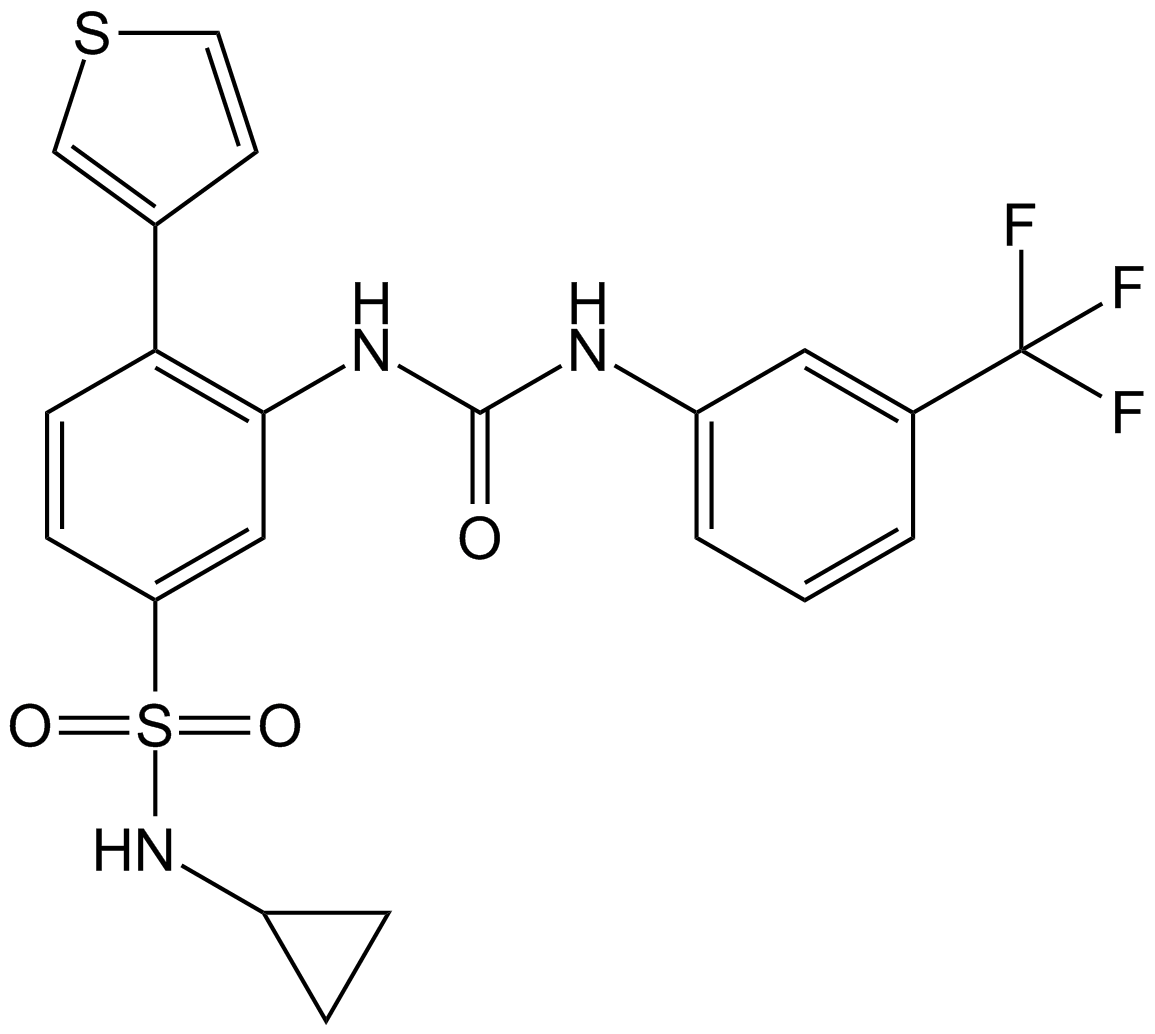 A3146 AGI-6780Target: IDH2Summary: IDH2/R140Q mutation inhibitor
A3146 AGI-6780Target: IDH2Summary: IDH2/R140Q mutation inhibitor -
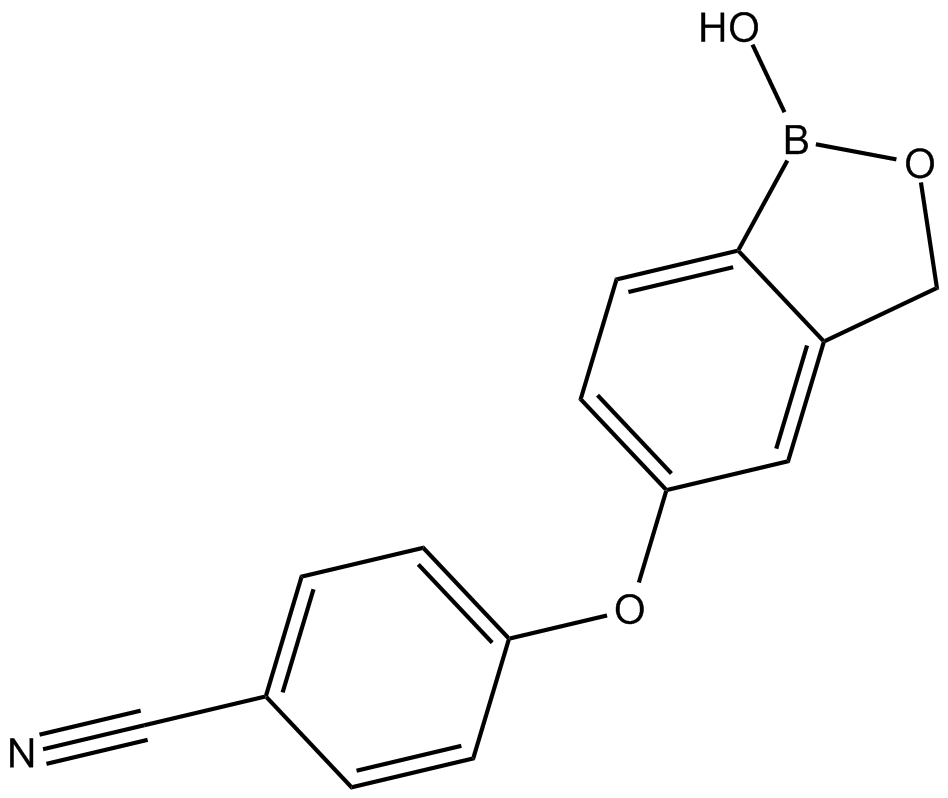 A3178 AN-2728Summary: PDE4 inhibitor,anti-inflammatory compound
A3178 AN-2728Summary: PDE4 inhibitor,anti-inflammatory compound

